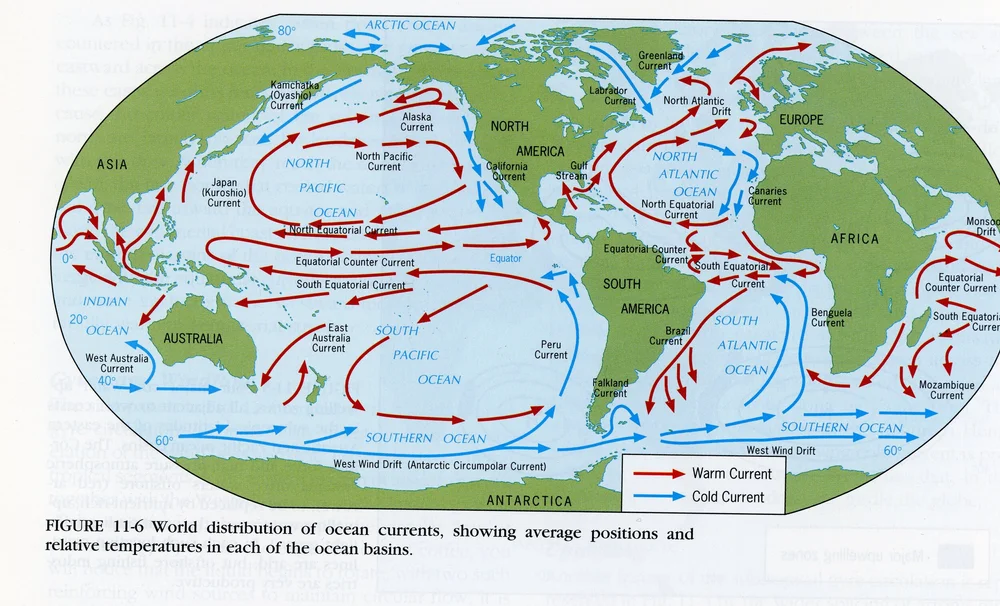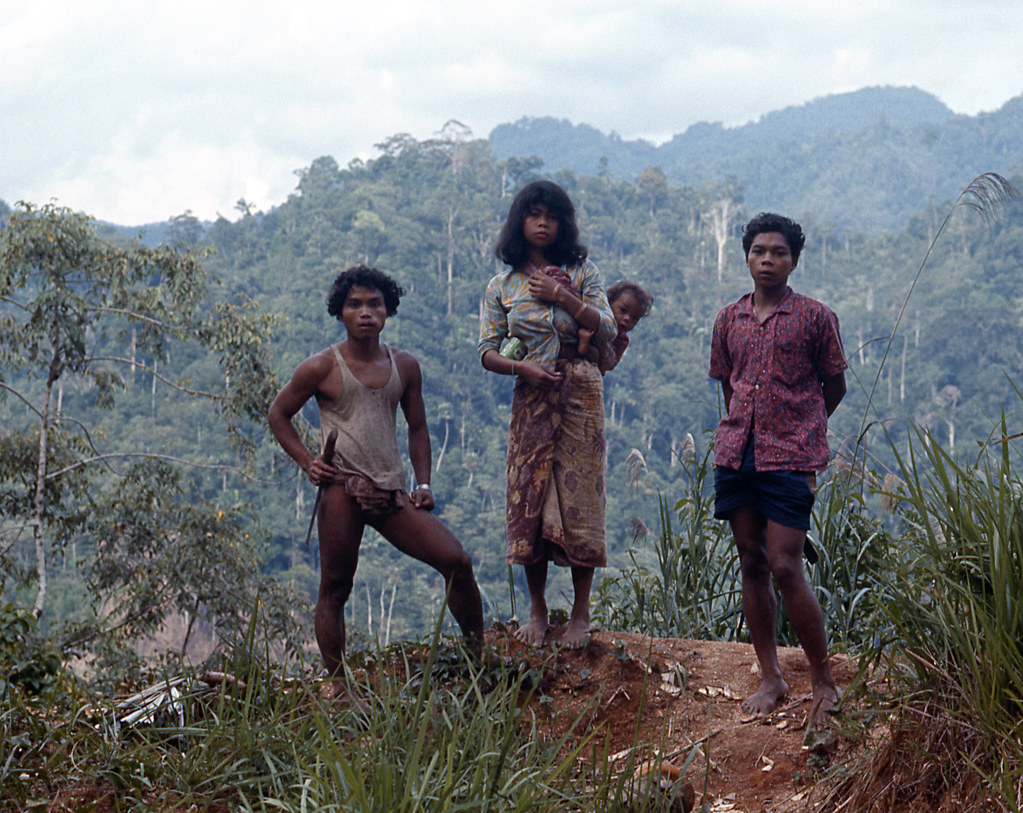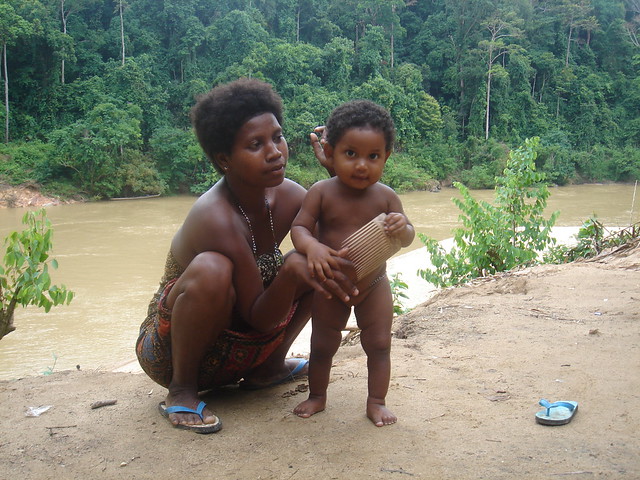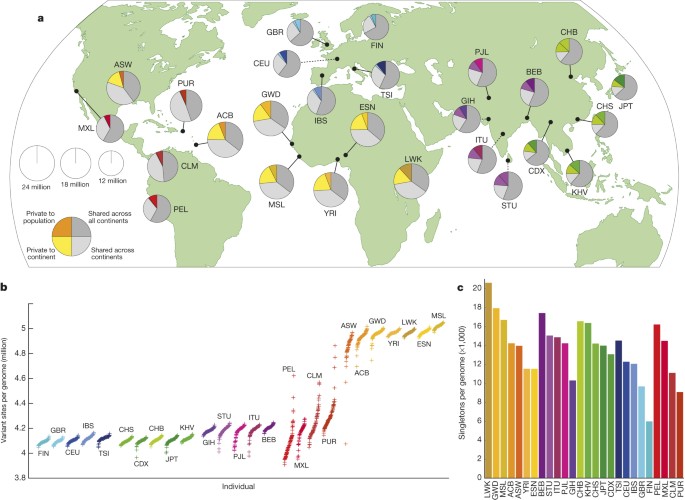Nkrumah Was Right
Superstar
What u said here makes sense
Yoruba is a term used post slavery, I think 19th Century
The first people taken from that region to the Americas were identified as Lukumi by the Portuguese and Spanish
Then 'Nago' when taken to Brazil (Anago)
This was in the 15th Century
They are basically the foundation of people that institution of slavery was built upon which maybe be why a trace of them can be found in most black people in America and the Caribbean. The other regions of Africa started mixing in at a much later time during the 16th and 17th centuries.
The term Yoruba connects people all over because of the language however the actual people that share those genes are the Lukumi or Olukumi (Chalk Makers) and this is why we have to take these genealogy sites with a pinch of salt sometimes because they are speaking in English terms because the English were the last ones to the Tea Party. When in fact the Portuguese were the first slave captors followed by the Spanish and they had their own terms, then now the people that they stole from the land had their own terms before that.
Even the people that live there now don't really know what they were called because if they did they wouldn't refer to them selves as Yoruba
A Brazilian speaking Yoruba
Cubans singing in Yoruba
An Anago from Benin speaking Yoruba
A Nigerian speaking Yoruba
-sigh-
There’s so much historical disinformation in this thread. You are trying to help though!
First, Yoruba was a term meant to describe people who were subjects of the Oyo Empire. The term was extrapolated to describe all peoples in modern-day Western Nigeria/Benin who spoke this language and related dialects.
There are so many people in the Americas who claim Yoruba lineage because Yoruba people were the last big major demographic of Africans who were enslaved in the Americas - the first three waves were from Angola, Senegambia, and then the Bight of Biafra. All of these big waves coincided with imperial collapse: Kongo, Wolof Kingdoms, rise of Aro and decline of Nri.
The Oyo Empire collapsed into civil war and invasion by Dahomey, Nupe, and the Sokoto Caliphate which generated a lot of Yoruba slaves by the late 18th/early 19th centuries and the Yoruba Civil Wars didn’t end until the 1860s.














